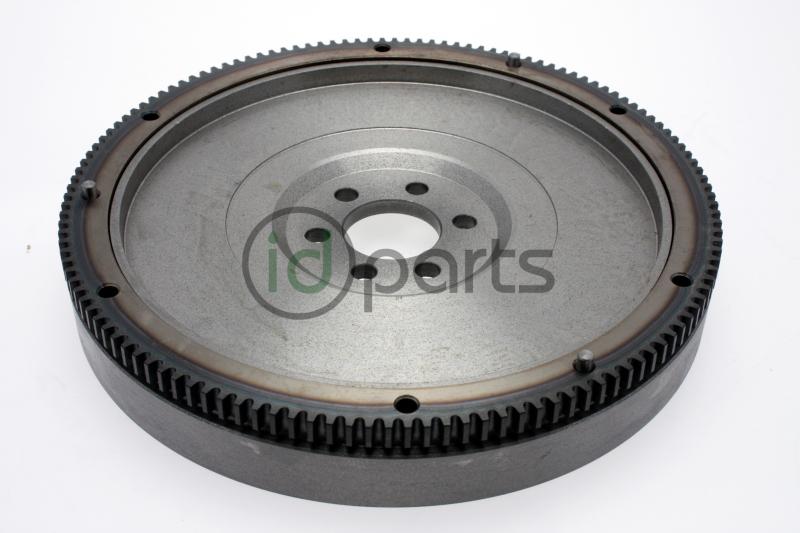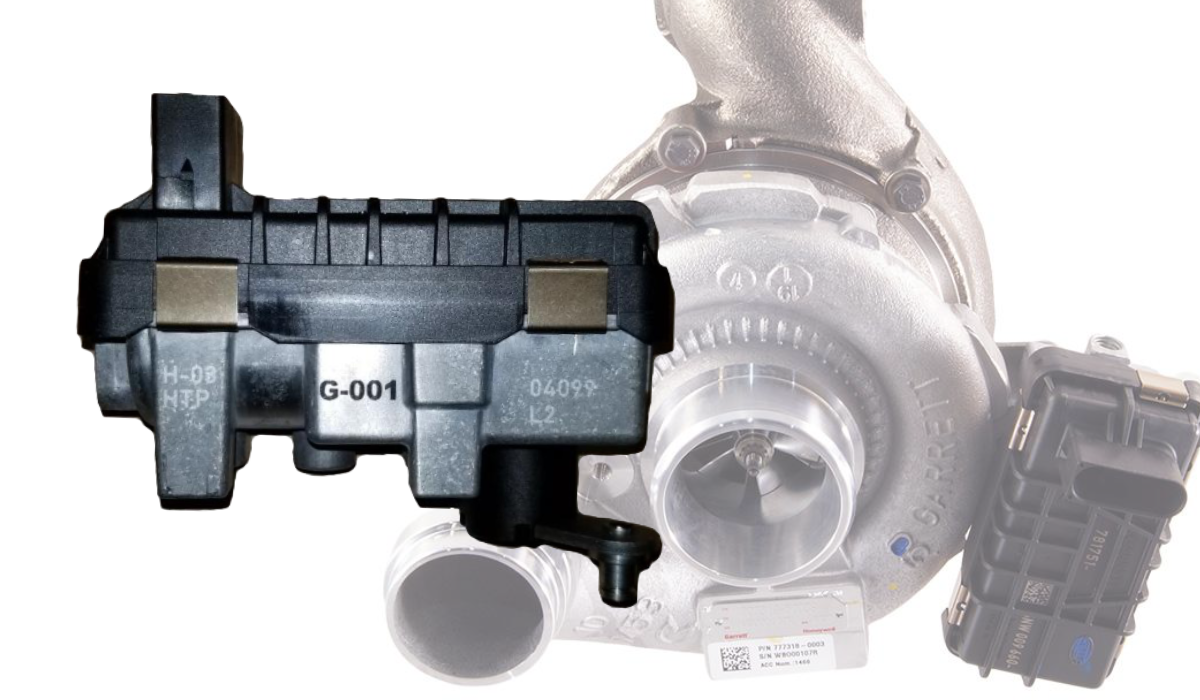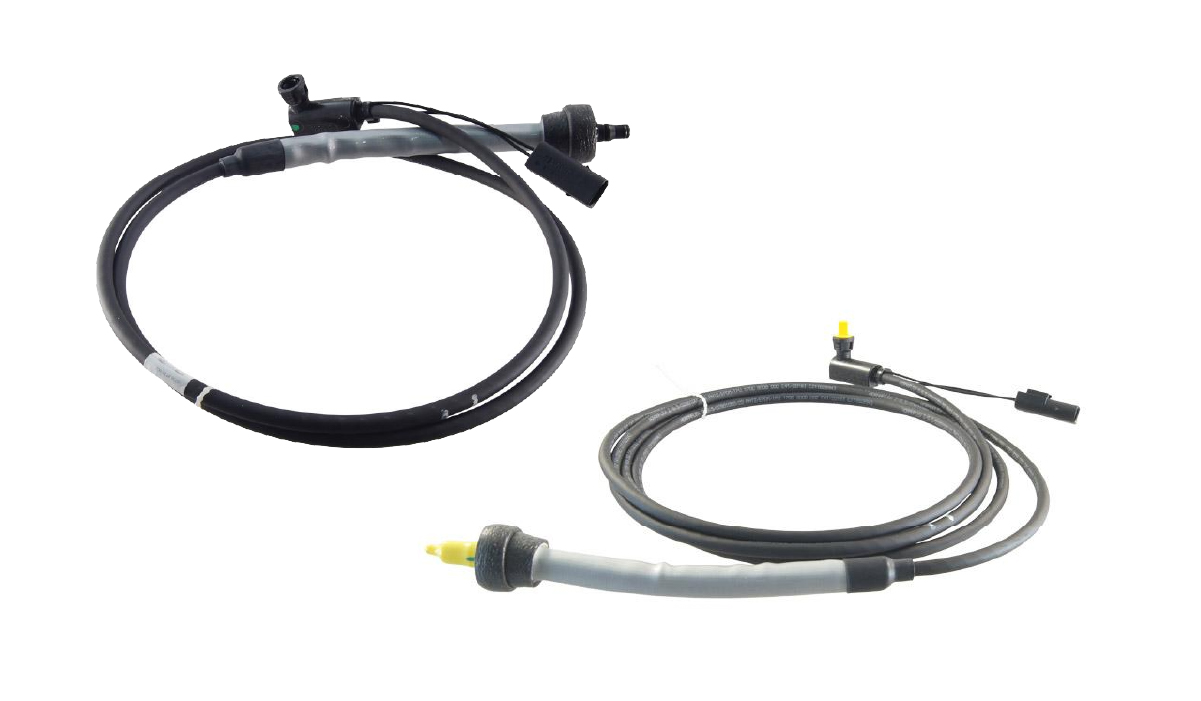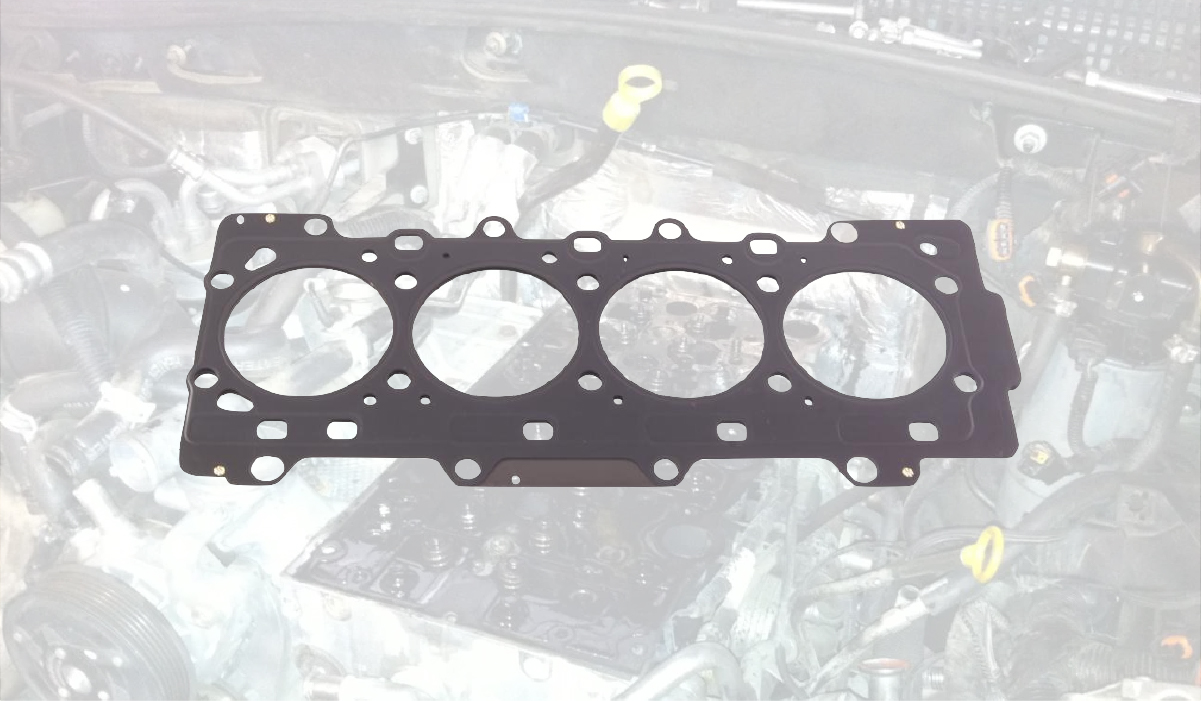When converting to a single-mass flywheel you can choose between 22lb, 17lb or 14lb weight flywheels. Which one is right for you?
It’s very common to use lightened single mass flywheels when seeking best performance in modified cars. A lightened flywheel decreases rotating mass in the drivetrain, allowing the engine to speed up and slow down faster. But there are some downsides in TDI application.
Unlike on gasoline cars, where lighter flywheels can have great benefits in performance, the performance increase on a TDI is marginal because of the narrow RPM range. A light flywheel will help a motor spin to 7,000 rpm and back down quickly, but the TDI motor typically makes max power under 4,000 RPM. Numerically speaking, therefore, there is a much more narrow range where the TDI motor is operating which limits how much improvement a lighter flywheel can make.
The high-compression TDI motor relies heavily on the rotational mass of the flywheel to keep the engine spinning smoothly when transitioning from power to coasting and when changing gears. With a lighter flywheel, drivers will notice that the engine will lose speed much faster when they change gears, resulting in difficult or rough gear changes. The transition from on-power to off-power–which can occur often in stop/start traffic–will also be more jarring. Finally, with less rotating mass, getting started from a stop will be more difficult, requiring more RPMs and power to avoid stalling the vehicle.
On the noise-vibration-and-harshness (also referred to as NVH) side, a heavier flywheel acts like a vibration dampener. TDI motors, especially the pre-common rail designs, vibrate significantly at lower RPMs. Without the weight of the flywheel these vibrations will more easily be transmitted to the transmission–causing gear rattle–or even to the chassis of the car, which will rattle the car and cause noise.
The stock TDI flywheel is 22 lbs (sometimes listed as 21 or 21.5 lbs). Lightened ones can be 17, 14, even 11 lbs. While there are performance advantages with lighter flywheels, these increases are smaller on a TDI than a gasoline motor. Because of the increase in things like NVH and an increase in difficulty shifting, a lighter TDI flywheel may not be the best choice. We reccomend that you test drive a TDI with a lighter flywheel before purchasing one yourself.
For what it’s worth, all of us at IDParts have installed the stock, 22lb flywheel in our own personal vehicles.






Leave a Reply